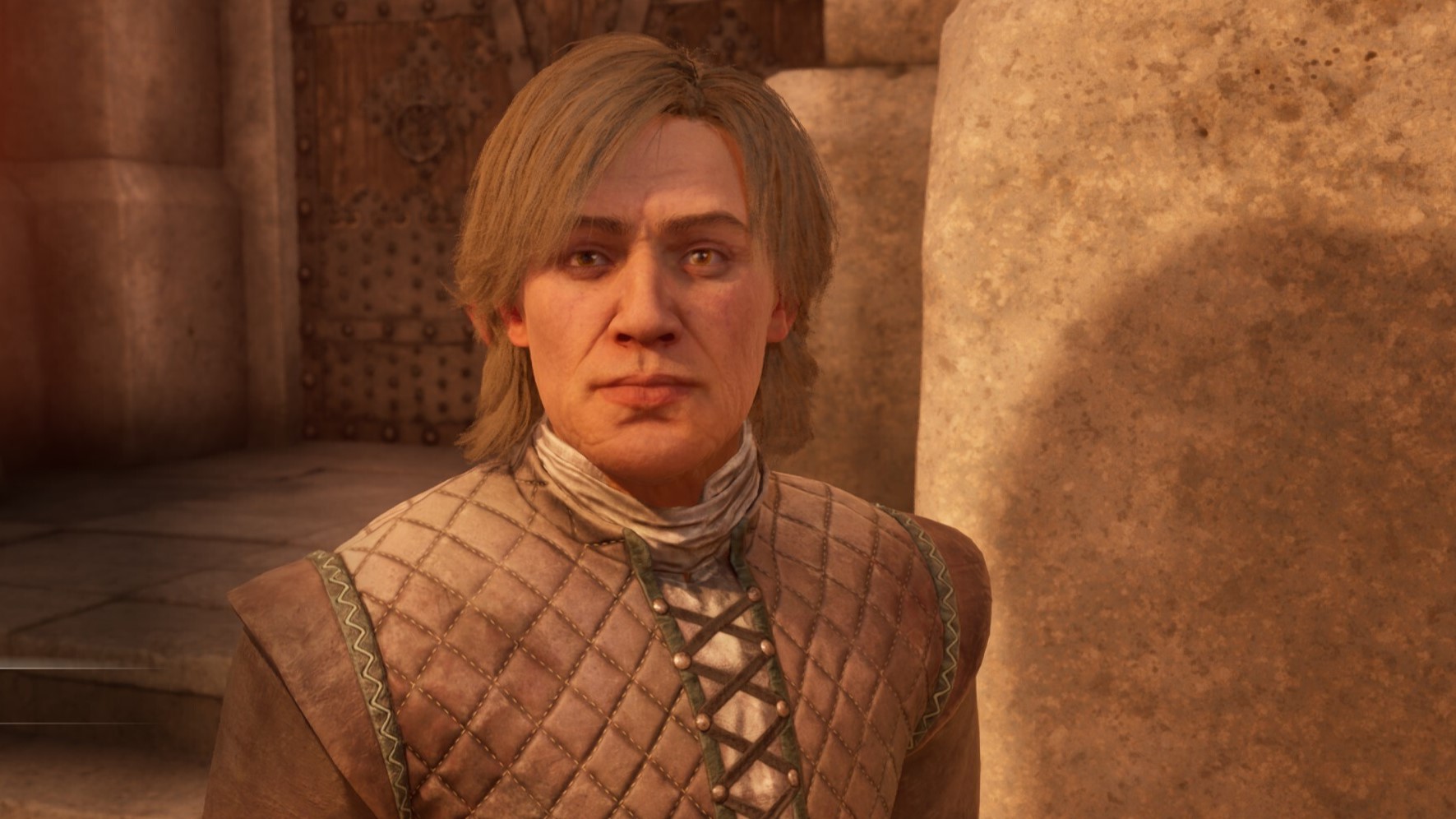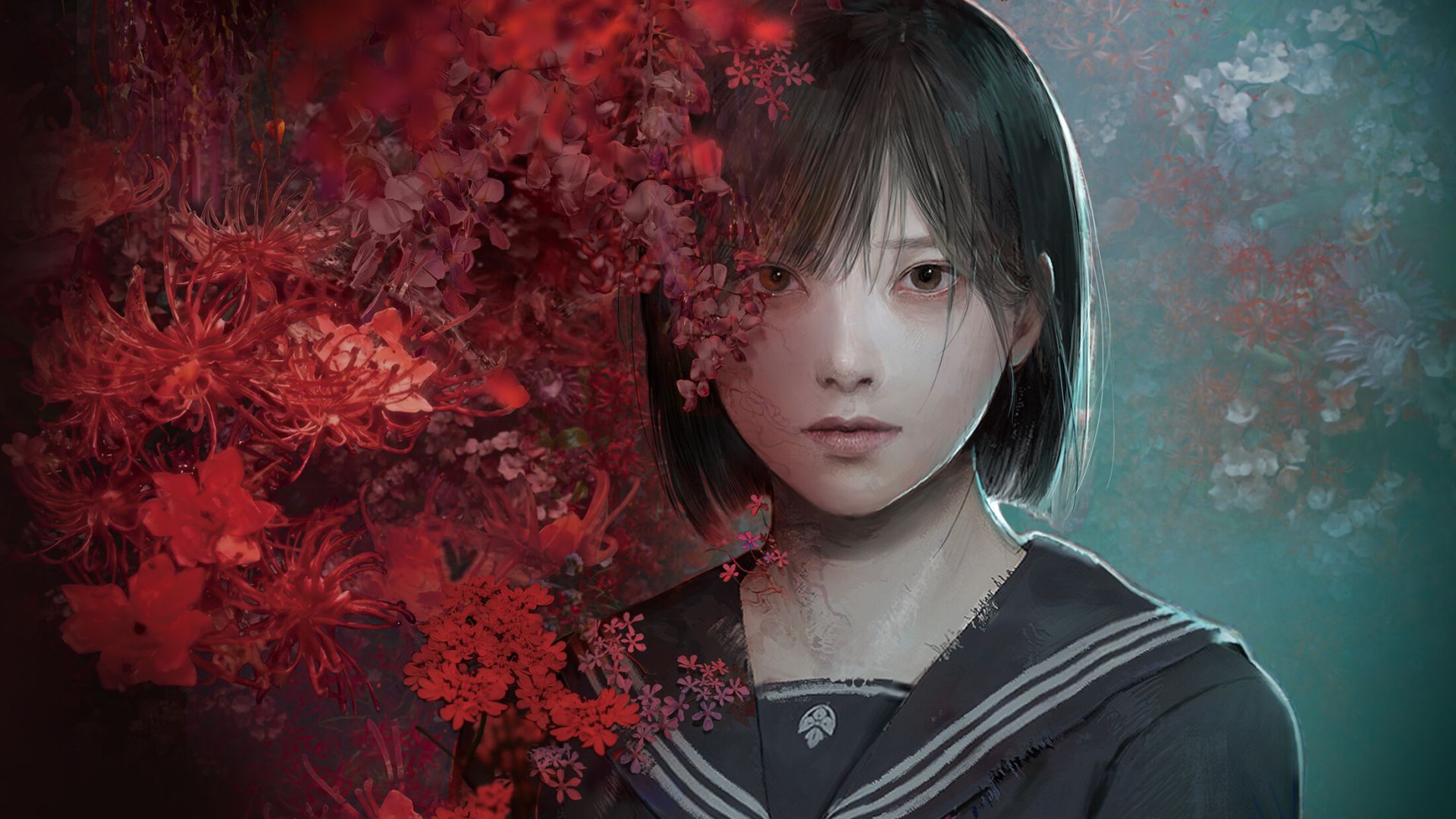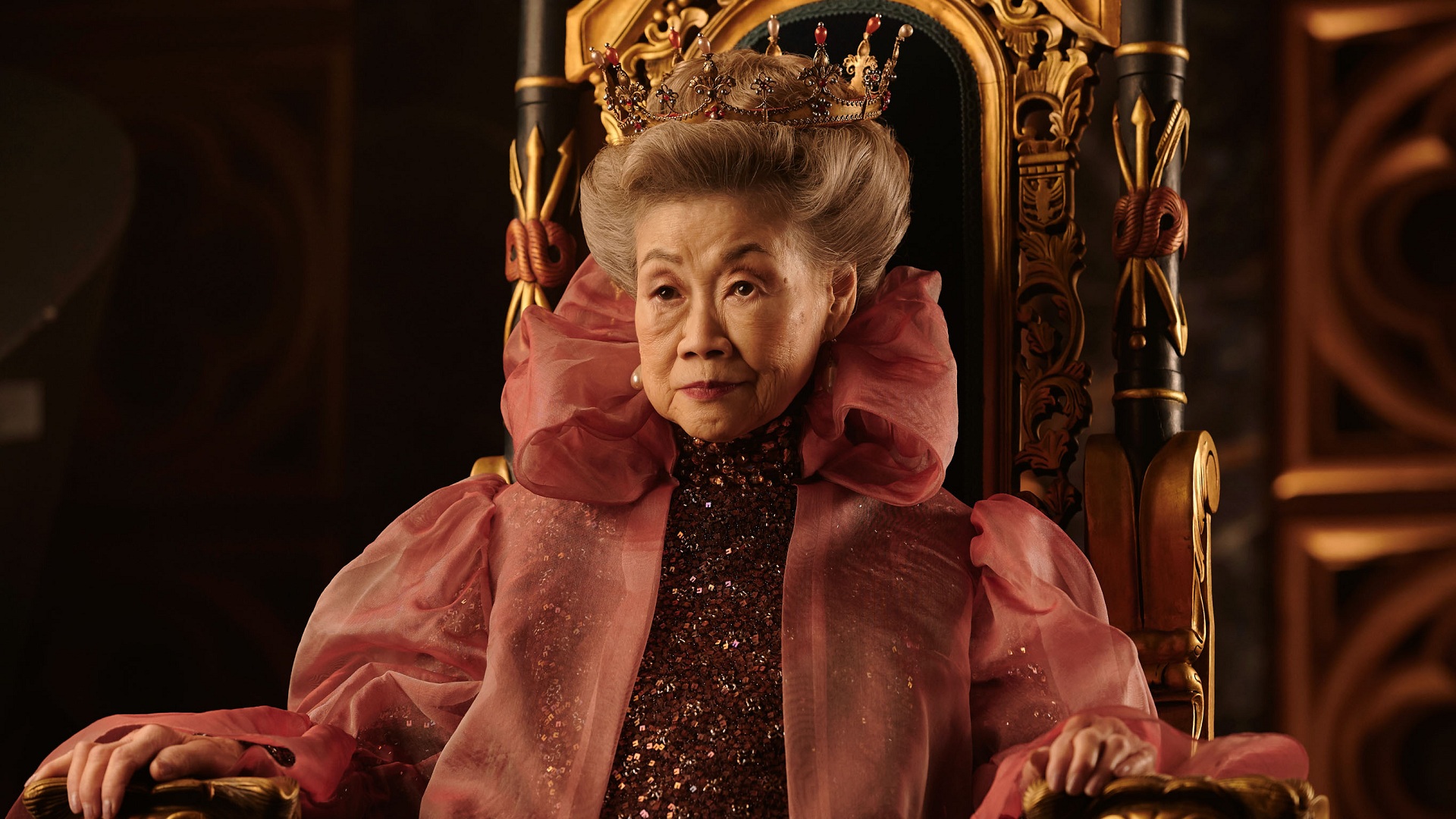
Oblivion's soundtrack is a core part of its identity, but it's also tainted by association.
It’s been at least 15 years since I last touched Oblivion, but a few seconds of the triumphant theme Reign of the Septims brings me right back to the menu screen I saw so many times on my Xbox 360. The gentler, almost aching Harvest Dawn conjures the quieter moments I spent wandering around the Imperial City picking locks and pockets. Those are good memories, but today I have a different association with Oblivion’s music: the 2019 allegations of rape and sexual misconduct against composer Jeremy Soule, who wrote the music for Morrowind, Oblivion, and Skyrim, among many other games.
Before Bethesda announced Oblivion Remastered, there was speculation over whether the developer would remix or even fully replace Soule’s music as a result of the allegations against him (or due to a conflict with Bethesda over Soule being left out of a Skyrim concert in 2016). But we now know neither happened: the soundtrack is unchanged, just as we remember it.
Soule denied the allegations in 2019. In the years since he’s almost completely vanished from the internet, scrubbing official sites and social media profiles, and he seemingly hasn’t composed a new soundtrack since 2019. Even before 2019, composer Inon Zur had taken the reins as the primary composer for Bethesda’s RPGs, working on The Elder Scrolls Online, Fallout 4 and Starfield over the last decade.
Oblivion wouldn’t be the game we remember without Soule’s music (though you could argue the same for the shimmery haze of its original lighting or its charmingly ugly NPCs). It can be two things at once: beautiful, and tainted by association with its creator.
A change may have been hard to get used to, but it hardly would’ve been unprecedented. Halo 2 Anniversary’s re-recorded soundtrack replaced the tracks by Incubus and Breaking Benjamin with new compositions (though they were untouched if you switched from the updated to original graphics). Until Dawn’s remake (released just nine years after the original!) included an entirely new soundtrack. Indie classic Cave Story has had its music remixed and recomposed twice in the last 20 years, and fans are split on their favorite version.
For me, at least, Oblivion Remastered is yet another entry on the list of problematic art I once loved, ammo for the eternal “separate the art from the artist” debate alongside the likes of Neil Gaiman. Is “debate” even the right word? I think cop out might be more appropriate. As I get older and experience disappointment after disappointment with the actors and writers and filmmakers and musicians I once admired, continuing to engage with their creations feels more transparently a question of “Do I enjoy this thing enough to ignore my moral view of the world for it?”
Judging by the enduring popularity of Harry Potter, the answer for many many people is “yes” depressingly often. But of course the question is rarely about just one person when it comes to games or movies. Hundreds of people put their love and sweat into them! Do their contributions make it okay to enjoy them? Or do they just make it easier to convince ourselves we’re making a smaller moral compromise?
There’s another way of looking at this choice, as comedian Alasdair Beckett-King recently joked(?): “A lot of people want to separate the art from the artist, but I would settle for separating the artist from her money.”
Does Soule get royalties from his work on Oblivion, or from sales of Oblivion Remastered? What about from sales of the soundtrack itself, which Bethesda has bundled with an art book for the $10 “deluxe edition” upgrade? I wish I knew the answer to those questions, but Bethesda did not respond to a request for comment.
More than 100 people were credited with making the original version of Oblivion, and many more for the remaster—the credits last for 24 minutes. I’m glad we get to experience the passion they had for making an RPG that has some truly great quests in it, as well as some very silly stuff. But the soundtrack Bethesda is now selling as a standalone “app” in that $10 upgrade? That only has one name on it: Jeremy Soule. There’s nothing complicated about the choice there.




